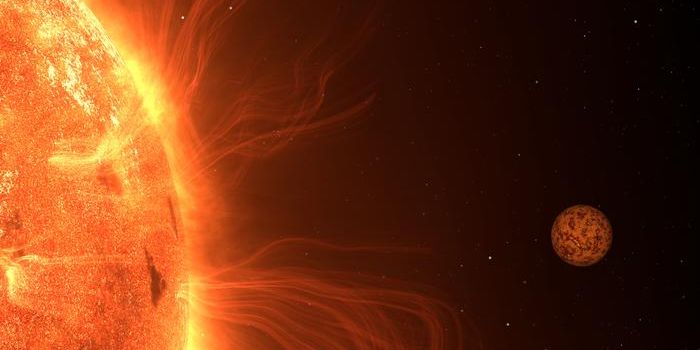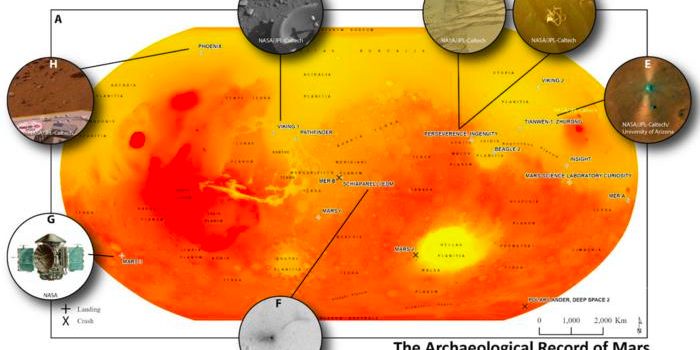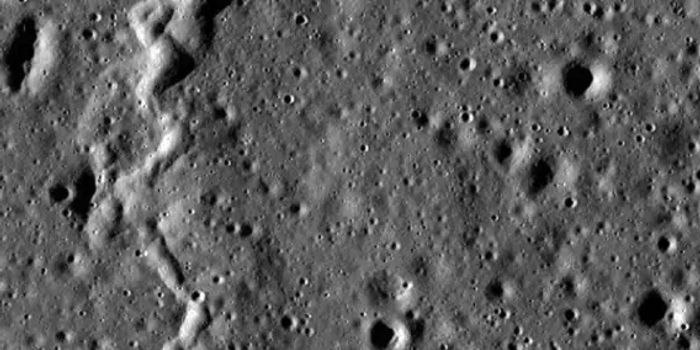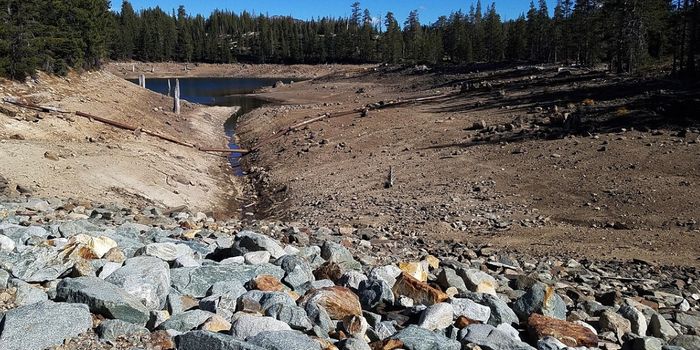Scientists conduct first genetic diversity census of common dolphins
A recent and comprehensive study out of Flinders University in Australia that was published in BMC Ecology and Evolution has conducted the first widespread census of genetic diversity of common dolphin (Delphinus delphis) populations living along the 3000 km (1864 miles) of Australia’s southern coastline. This study has raised key indicators for future conservation efforts while supporting long-term gene flow and adaptation during ongoing habitat changes, focusing primarily on changes in oceanic conditions brought upon by climate change and human endeavors.
Lead author and Flinders University researcher, Dr Andrea Barceló, says “high levels of genomic variation can play an important part in the long-term survival of these wide-ranging marine mammals and other species.”
Working in collaboration with researchers from Macqaurie University, the team says enhancing population viability as a result of anthropogenic affects can be maintained through the promotion of long-term genomic variation.
"While so many breeding and feeding conditions are still unknown, it's important for managers of our coastal environments to consider the importance of DNA diversity, particularly in the event of changes in key environmental conditions such as water temperatures, salinity, and food sources," adds Dr Luciana Möller, who is an Associate Professor at the Flinders University's College of Science and Engineering, and a co-author on the study.
The study identified key environmental variables associated with genomic variation, to include primary productivity, salinity, current velocity, and sea surface temperature. The results identified three main oceanographic phenomena that are likely impacting common dolphin distribution: 1) regional oceanographic circulation, 2) localized and seasonal upwellings, and 3) seasonal on-shelf circulation in protected coastal habitats.
"Information about how the environment affects DNA diversity of marine populations can assist with the population management and in forecasting how they may cope with climate change and other anthropogenic impacts," continued Dr Barceló.
Sources: BMC Ecology and Evolution
As always, keep doing science & keep looking up!









